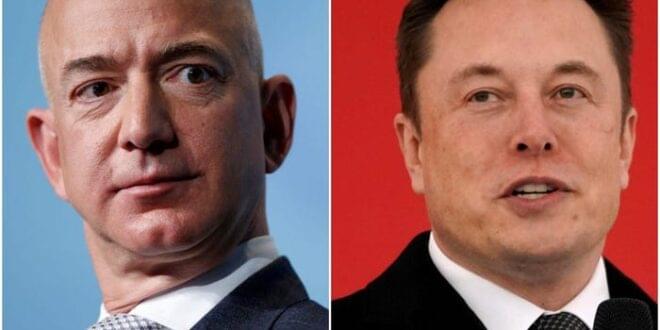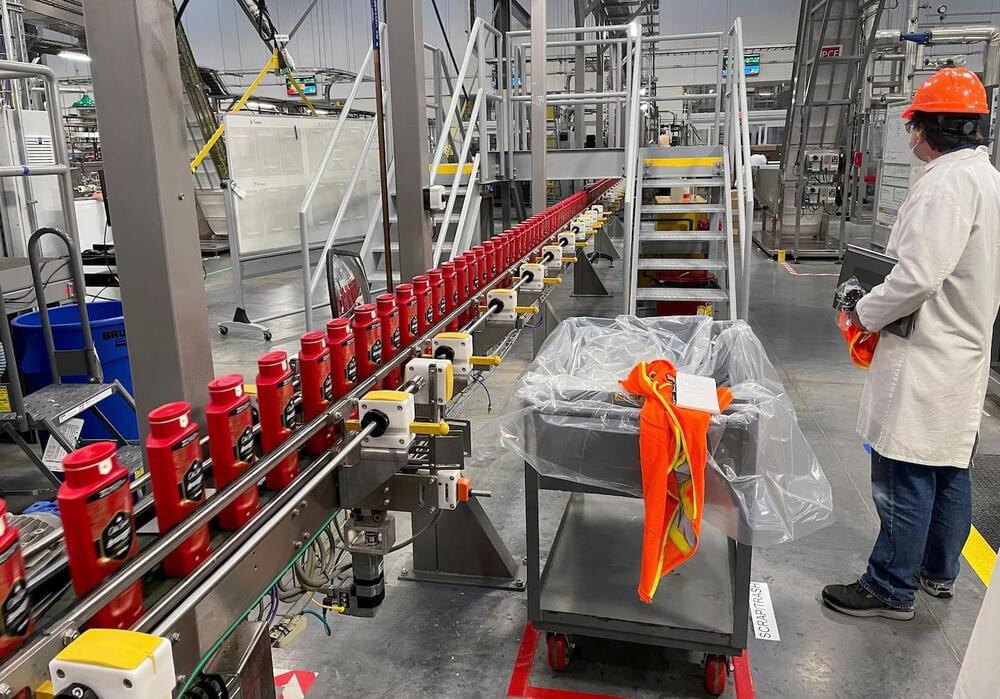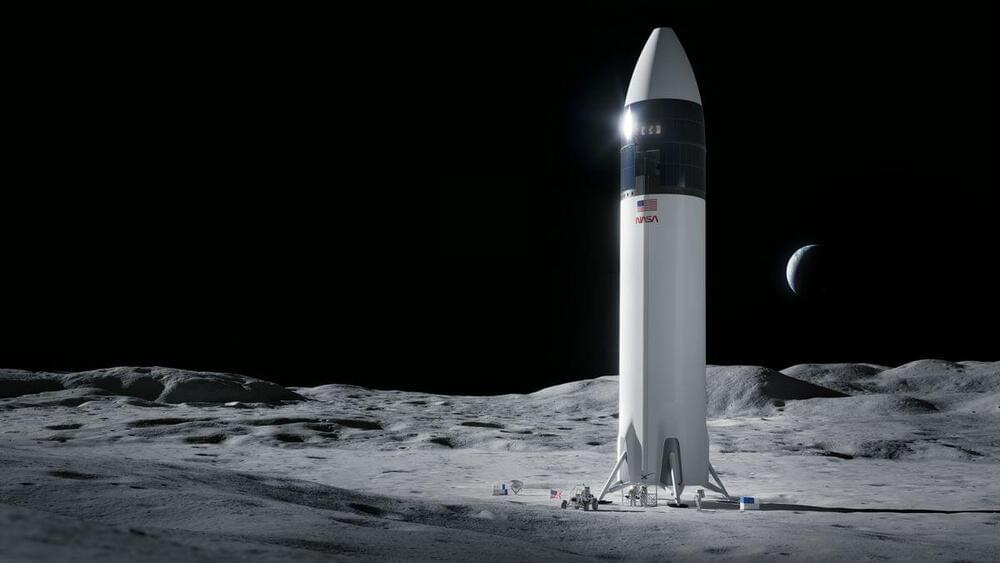Can this be true?
Elon Musk has criticized fellow centibillionaire and space cowboy Jeff Bezos for filing lawsuits against the former’s aerospace company SpaceX.
Earlier this month, Bezos’ space firm Blue Origin sued NASA after it lost a critical government contract to put astronauts on the Moon to SpaceX. This has had the effect of delaying SpaceX’s own work on the project. And now, this week, Amazon has urged the Federal Communications Commission (FCC) to dismiss newly-submitted plans by SpaceX to launch another cluster of satellites to power its satellite internet service Starlink.
Replying to a story about the latter complaint, Musk tweeted: “Turns out Besos [sic] retired in order to pursue a full-time job filing lawsuits against SpaceX …”








